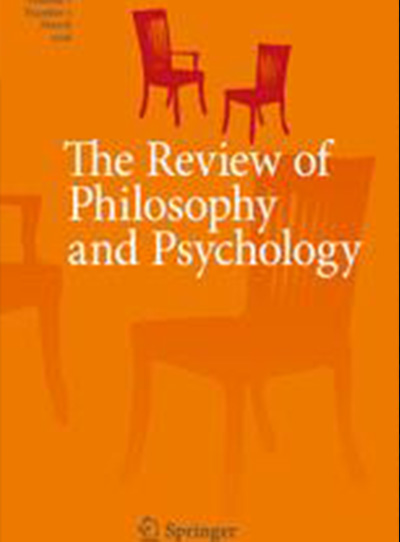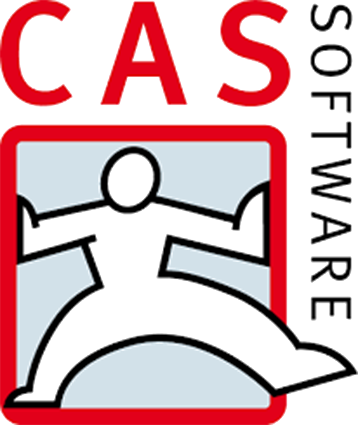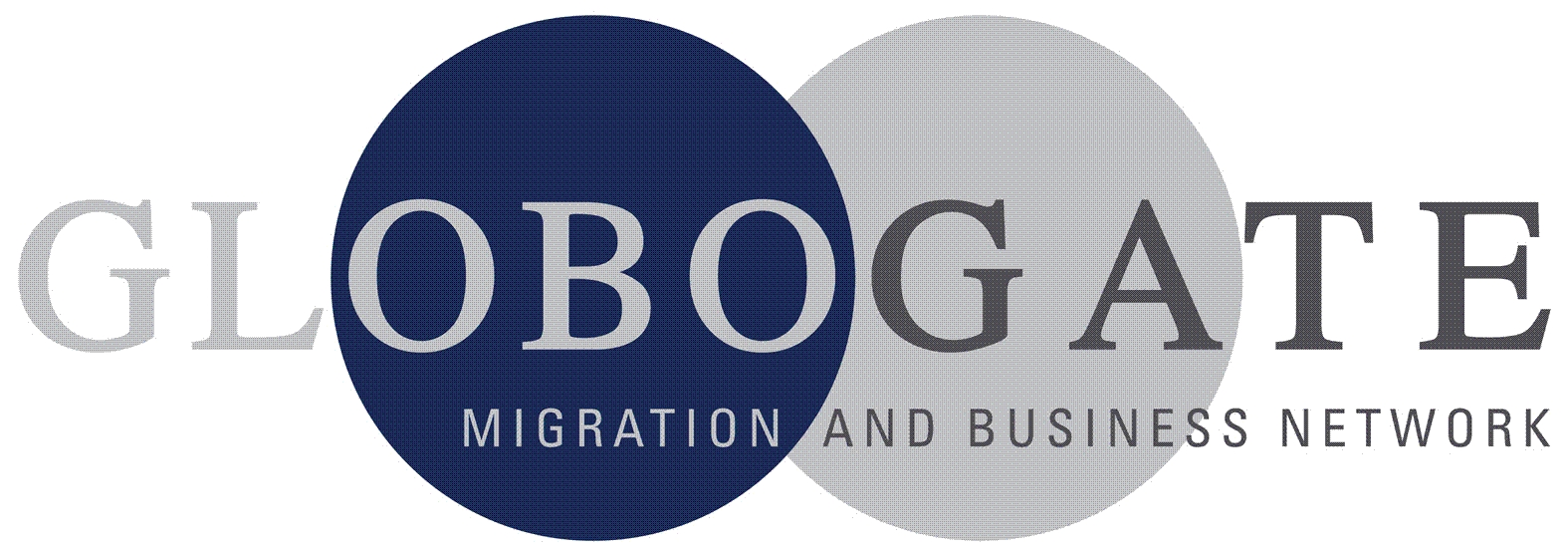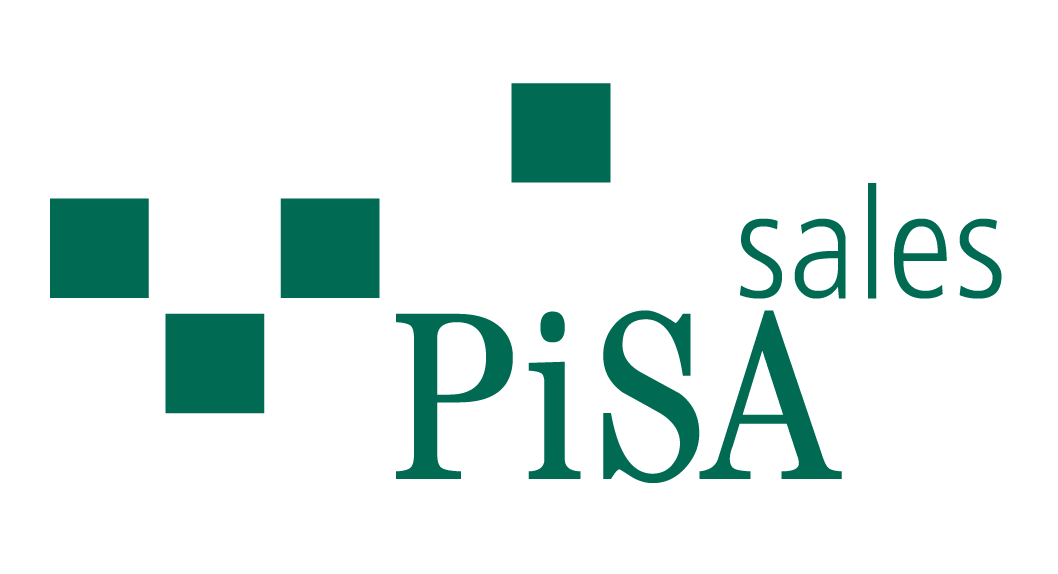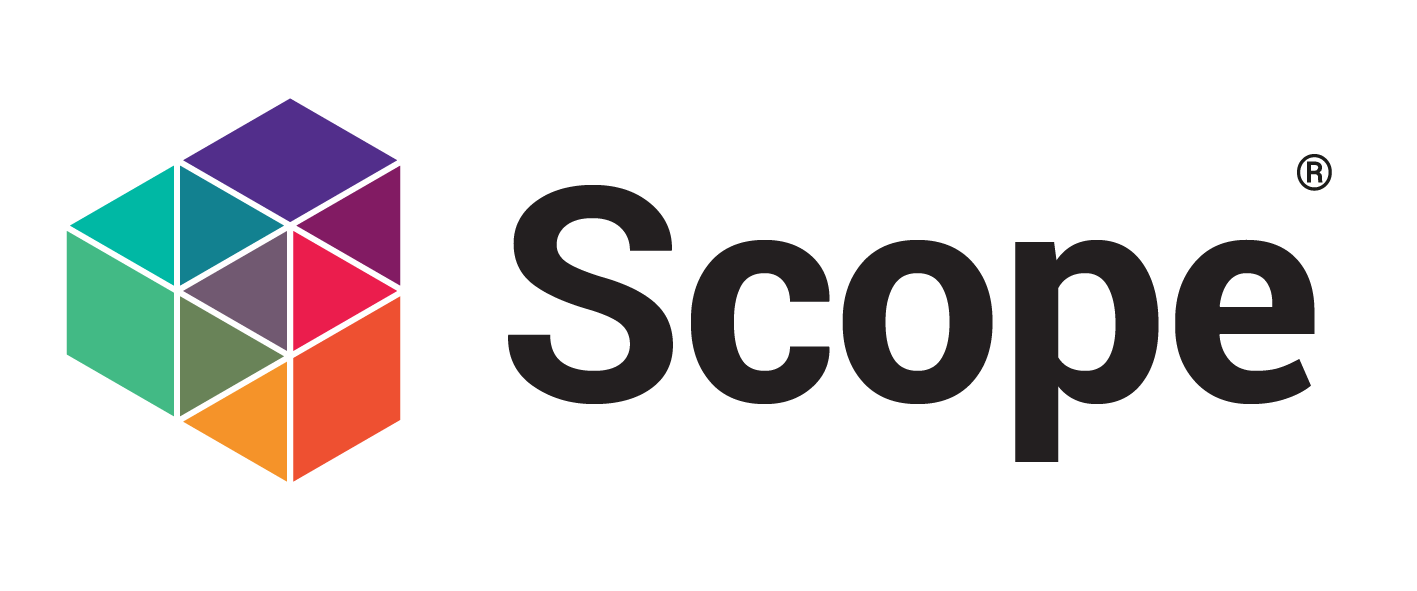On the Supposed Evidence for Libertarian Paternalism.
Abstract
Can the general public learn to deal with risk and uncertainty, or do authorities need to steer people’s choices in the right direction? Libertarian paternalists argue that results from psychological research show that our reasoning is systematically flawed and that we are hardly educable because our cognitive biases resemble stable visual illusions. For that reason, they maintain, authorities who know what is best for us need to step in and steer our behavior with the help of “nudges.” Nudges are nothing new, but justifying them on the basis of a latent irrationality is. In this article, I analyze the scientific evidence presented for such a justification. It suffers from narrow logical norms, that is, a misunderstanding of the nature of rational thinking, and from a confirmation bias, that is, selective reporting of research. These two flaws focus the blame on individuals’ minds rather than on external causes, such as industries that spend billions to nudge people into unhealthy behavior. I conclude that the claim that we are hardly educable lacks evidence and forecloses the true alternative to nudging: teaching people to become risk savvy.
Liberty cannot be preserved without a general knowledge among the people …
John Adams, 1765
Bounded rationality is not irrationality. … On the contrary, I think there is plenty of evidence that people are generally quite rational; that is, they usually have reasons for what they do.
Herbert Simon 1985
Libertarian paternalism, as it is called, is a variant of soft paternalism that uses a bag of tricks called “nudges” to influence people’s decisions. A nudge is a tool for influencing people without using incentives, which are the lifeblood of economic theory, and without enforcing behavior, the essence of hard paternalism. The program is called “paternalistic” because it tries to guide people and “libertarian” because no choices are taken away. In the best paternalistic spirit, its goal is to protect others from harm. Yet its rationale is not to defend us from enemies outside. Instead, the program wants to protect us from ourselves, from our systematic reasoning errors, inertia, and intuition.
Nudging is nothing new. Governments and marketing agencies have relied on it for a long time. Consider the appointment letters sent in many countries to women above age 50 for mammography screening. These letters contain a preset time and location. This default booking is a nudge that exploits inertia—women might not take the effort to actively sign up and, similarly, not take the effort to decline the appointment. Furthermore, in the letters and pamphlets encouraging screening, it is often stated that early detection reduces breast cancer mortality by 20 %. That figure is a second nudge that exploits people’s statistical illiteracy. Screening reduces breast cancer mortality from about 5 to 4 in 1,000 women (after 10 years), which amounts to an absolute risk reduction of 1 in every 1,000. But this figure is typically presented as a relative risk reduction of 20 %, often rounded up to 30 %, to look more impressive (Gigerenzer 2014a, b).
This example illustrates the difference between nudging and educating. The aim of the appointment letters is to increase participation rates, not understanding. As a result, women in the European Union are less knowledgeable about the benefit of screening than Russian women, who are not nudged by relative risks and similar persuasive techniques (Gigerenzer et al. 2009). Education, by contrast, aims at “a general knowledge among the people” (see introductory epigram), and would require measures to make the public statistically literate and to enforce transparent information policies so that citizens can make informed decisions. But there are often conflicts of interest: in the case of mammography screening, informed citizens might understand that only few women benefit while many are harmed, which would likely decrease participation rates.
The example also serves to illustrate the difference between nudging and hard paternalism. Whereas women in Europe and the US can opt out, the president of Uruguay, an oncologist, made biennial screening mandatory for all working women age 40 to 59 (Arie 2013).
The interest in nudging as opposed to education should be understood against the specific political background in which it emerged. In the US, the public education system is largely considered a failure, and the government tries hard to find ways to steer large sections of the public who can barely read and write. Yet this situation does not apply everywhere.
Review of Philosophy and Psychology 6(3), S. 361-383
2015









